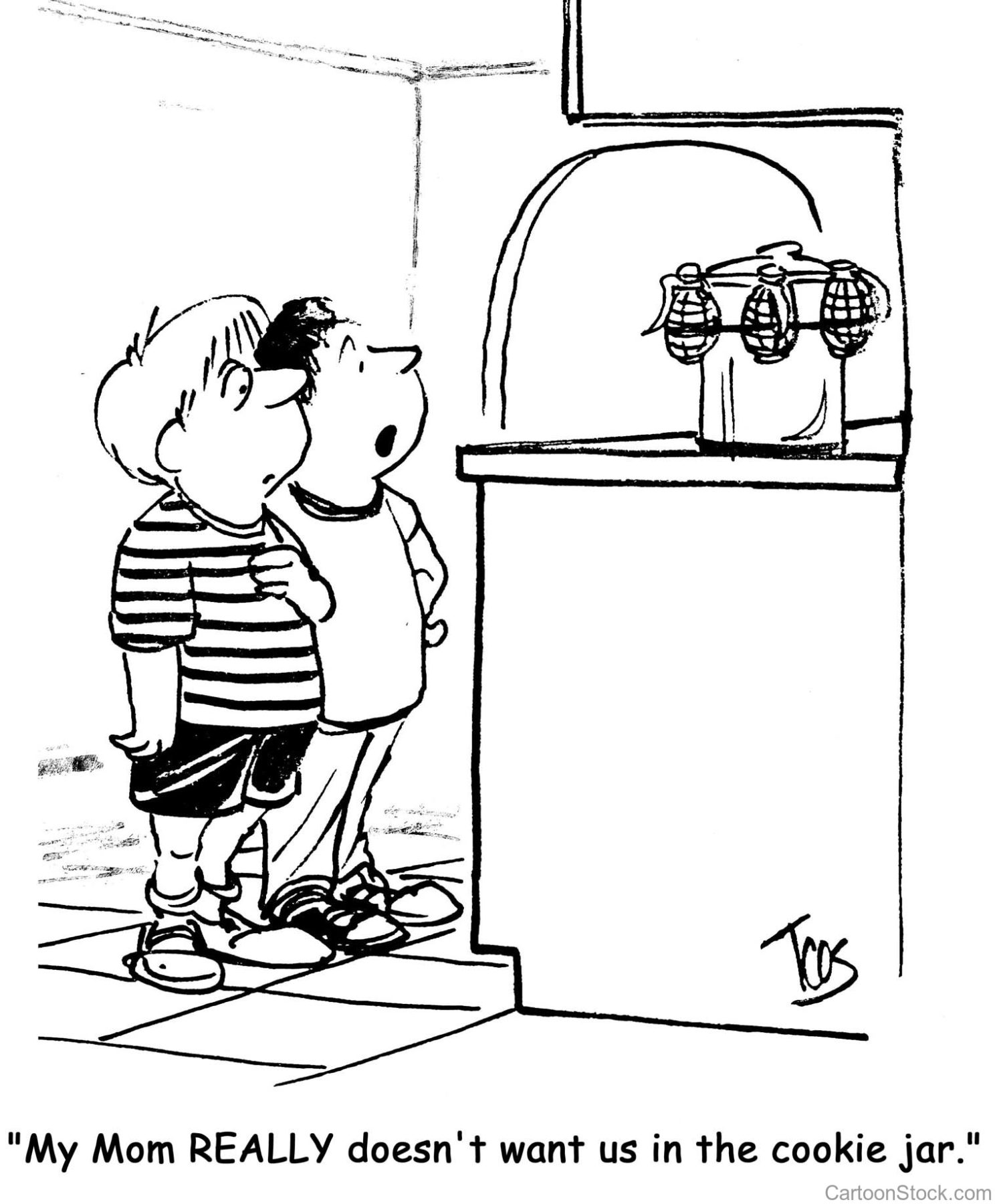He should not gloss over the sins of those who err, but cut them out while he can, as soon as they begin to sprout, remembering the fate of Eli, priest of Shiloh 1 Samuel 2:11-4:18…. Strike your son with a rod and you will free his soul from death Proverbs 23:14. (Rule of St. Benedict 2.26-29)
Punishment is not retribution. The purpose of punishment is to bar the way to a wrong path and to redirect the child toward the right way. Punishment is no one’s favorite thing, but it’s an aspect of discipline that sometimes becomes necessary.
Corporal punishment generally is called for when it’s the only way to teach the lesson. It is fair to spank the child who throws a fit and kicks her mother. “That hurts!” she cries. Yes, and that’s the whole point of why you’re not allowed to kick and hit.
There is an age that feels like an eon: between the time when a child starts to walk, and the time he learns how to talk. During this phase, the child may be a mortal danger to himself, but he can’t understand anything you say. This crazy person responds only to emotion and physical stimulus. Yet each day he acquires a new skill–you never know which one next.
Don’t spank with anything but the flat of your hand. You will feel the sting too, and this will deter you from smacking too hard or too long. No smack should produce any physical result more severe than transitory pink flush on the skin. Aim to be habitually gentle and calm, so you’ll make an impression on your child when it really counts. The time to get angry and spank him is when he runs into the street and tries to throw himself in front of a truck. Next time when you call his name in that tone of voice, he’ll look back.
Sometimes it’s satisfying to all concerned to spank the table or the chair, or whatever inanimate object can take the blame for an unfortunate event. Children haven’t yet lost their sense of humor.
Transgression of a law of God requires a serious response. If the child is old enough to know she should not steal, she must return the stolen object to the owner and also apologize for taking it. She needs to learn that stealing is not just about the object. It’s an offense against a human being.
If she learns not to steal from stores but still pilfers around the house, enforce boundaries. If she tends to take your jewelry, lock up your jewelry. Even adults have a hard time distinguishing between accessibility and permissibility. Make the forbidden thing harder to get, so there’s a clear distinction between what she can use and what not to touch.
If she goes to her grandmother’s house and steals the new purse that she knew was meant to be her sister’s birthday present, and then lies about it, you’ve got to take forceful action to break a habit that she’s now justifying to herself.
Punishment to be effective must be aversive. If it works for other people, but your child is clearly indifferent to it, then you’re going to have to think of something else. This is especially true if you’re trying to break a bad habit, and your child seems to be factoring in your usual punishment as the price of doing business. You might consider old-fashioned slapping of the palms with a ruler. But you must react. Grind routine to a stop until you’ve dealt with the problem.
And then you redirect her. Define what she did wrong, but also detail what behavior you want to see instead, and how she could have behaved differently in the situation she faced. Tell her that you don’t want her to grow up to be a thief. You do want her to grow up to be an honest person.
You get angry because you care. Parents who don’t care are already long gone. But if you feel that you’re approaching a point where you can’t control your anger, give yourself a time out. Walk away, lock the door behind you, and pray. It’s the responsibility of parents to develop a Christian character, and gentleness is intrinsic to that character. We practice thanking God for the good things in our lives and allow the Holy Spirit to reassert joy in our hearts. He wants us to become patient, gentle and self-controlled. Then we’ll be fit to correct our children when they go wrong.






